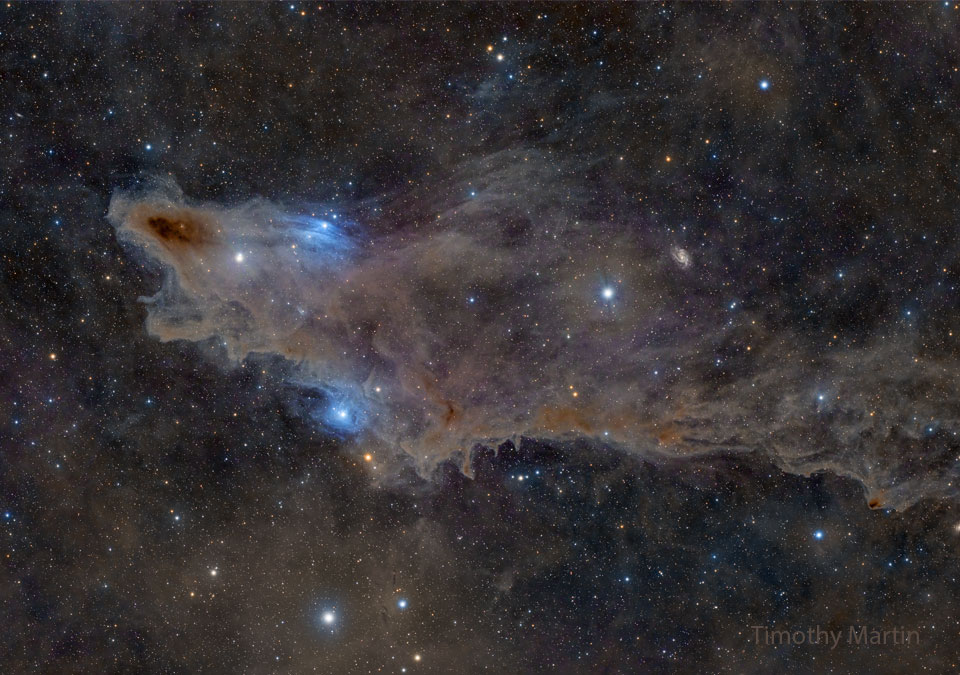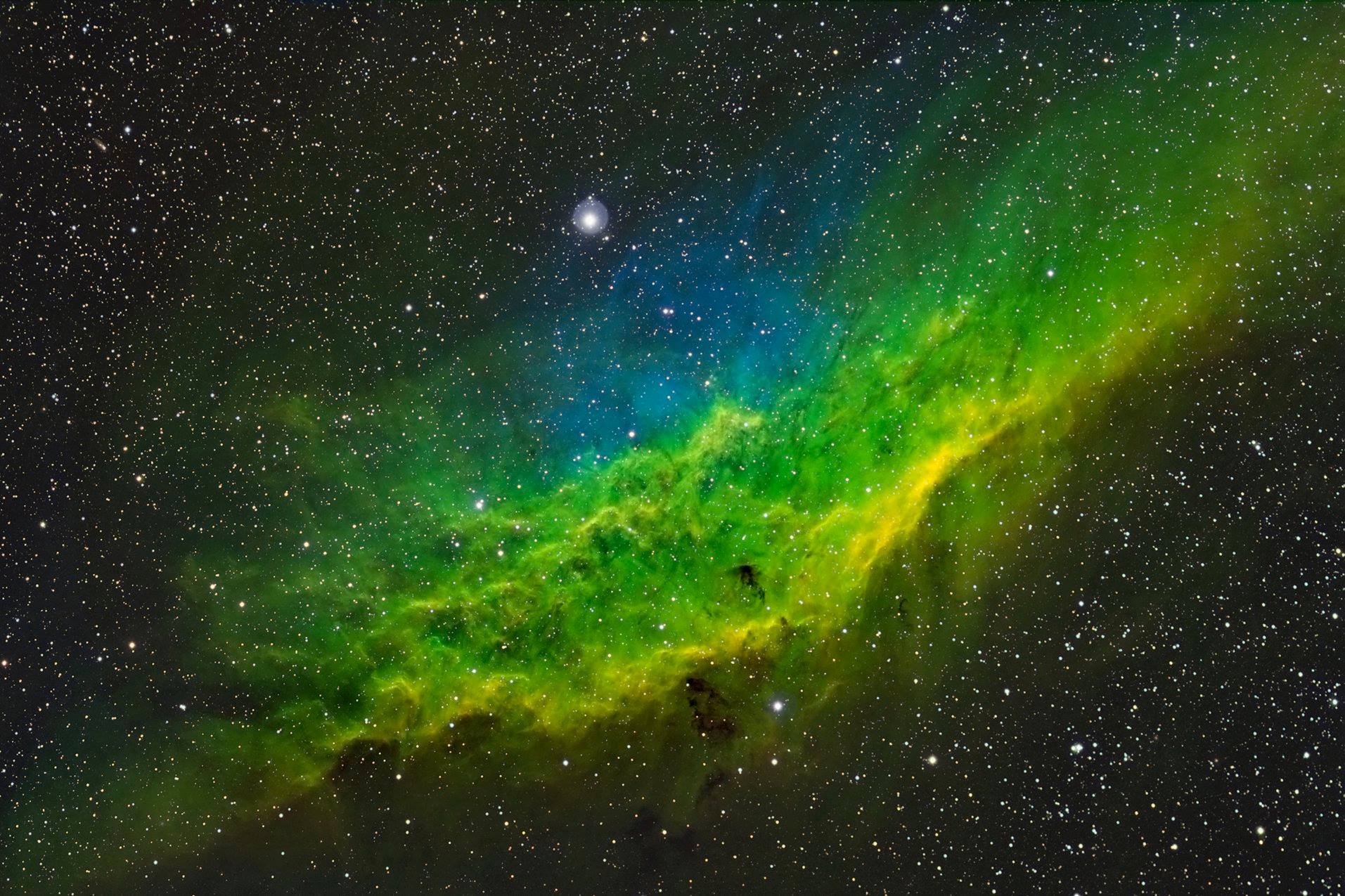Blog
Leonard Joseph Tristano (March 19, 1919 – November 18, 1978) was an American jazz pianist, composer, arranger, and teacher of jazz improvisation.
Tristano studied for bachelor’s and master’s degrees in music in Chicago before moving to New York City in 1946. He played with leading bebop musicians and formed his own small bands, which soon displayed some of his early interests – contrapuntal interaction of instruments, harmonic flexibility, and rhythmic complexity. His quintet in 1949 recorded the first free group improvisations. Tristano’s innovations continued in 1951, with the first overdubbed, improvised jazz recordings, and two years later, when he recorded an atonal improvised solo piano piece that was based on the development of motifs rather than on harmonies. He developed further via polyrhythms and chromaticism into the 1960s, but was infrequently recorded.
Tristano started teaching music, especially improvisation, in the early 1940s, and by the mid-1950s was concentrating on teaching in preference to performing. He taught in a structured and disciplined manner, which was unusual in jazz education when he began. His educational role over three decades meant that he exerted an influence on jazz through his students, including saxophonists Lee Konitz and Warne Marsh.
Musicians and critics vary in their appraisal of Tristano as a musician. Some describe his playing as cold and suggest that his innovations had little impact; others state that he was a bridge between bebop and later, freer forms of jazz, and assert that he is less appreciated than he should be because commentators found him hard to categorize and because he chose not to commercialize.
more...This predator apparition poses us no danger as it is composed only of interstellar gas and dust. Dark dust like that featured here is somewhat like cigarette smoke and created in the cool atmospheres of giant stars. After expelling gas and gravitationally recondensing, massive stars may carve intricate structures into their birth cloud using their high energy light and fast stellar winds as sculpting tools. The heat they generate evaporates the murky molecular cloud as well as causing ambient hydrogen gas to disperse and glow red. During disintegration, we humans can enjoy imagining these great clouds as common icons, like we do for water clouds on Earth. Including smaller dust nebulae such as Van den Bergh 149 & 150, the Shark nebula, sometimes cataloged as LDN 1235, spans about 15 light years and lies about 650 light years away toward the constellation of the King of Aethiopia (Cepheus).

Lester J. Kinsey Jr., (March 18, 1927 – April 3, 2001) known as Big Daddy Kinsey, was an American Chicago blues singer, guitarist and harmonica player.
He was born near Pleasant Grove, Mississippi. He grew up playing gospel music; his father was a pastor in the Church of God in Christ and disapproved of blues music. However, Kinsey started playing guitar at parties in Mississippi, before moving in 1944 to Gary, Indiana, where he worked in a steel mill. He married and served in the military before returning to work in Gary and raising a family.
more...Wilson Pickett (March 18, 1941 – January 19, 2006) was an American singer and songwriter.
A major figure in the development of soul music, Pickett recorded more than 50 songs that made the US R&B charts, many of which crossed over to the Billboard Hot 100. Among his best-known hits are “In the Midnight Hour” (which he co-wrote), “Land of 1000 Dances“, “634-5789 (Soulsville, U.S.A.)“, “Mustang Sally“, “Funky Broadway“, “Engine No. 9”, and “Don’t Knock My Love“.
Pickett was inducted into the Rock and Roll Hall of Fame in 1991, in recognition of his impact on songwriting and recording.
more...Jose Mangual Sr. (March 18, 1924 – September 4, 1998) was a Puerto Rican percussionist world renowned for his bongo drum performances and recordings during the 1940s and 1950s with groups such as Machito Orchestra, Charlie Parker, Buddy Rich, Flip Philips, Abbie Lane and Nancy Ames. “He set a standard in bongo playing and was considered by many to have the greatest sound on the instrument.” He is the father of Jose Mangual, Jr. and Luis Mangaul who are both well-known Salsa singers and percussionists. Both were born and raised in East Harlem.
more...Andy Narell (born March 18, 1954) is an American jazz steel pannist, composer and producer.
Narell took up the steelpan at a young age in Queens, New York. His father, who was a social worker, had started a program of steelpan playing for at-risk youth at the Jewish philanthropic Education Alliance in Lower East Side Manhattan using two sets of pans made by Rupert Sterling, a native of Antigua. Beginning in 1962, Andy, his brother Jeff, and three others boys played on a third set of Sterling-made pans in the basement of the Narell house in the Whitestone neighborhood of Queens, calling themselves the Steel Bandits. The band was a novelty steelpan act that played concerts and appeared on television shows, including I’ve Got a Secret in 1963.
The band played Carnegie Hall and at the National Music Festival of Trinidad. Murray Narell invited Ellie Mannette in 1964 to expand steelpan activities in New York City and convinced him to come in 1967. Mannette taught the Narell boys more technique, and they played on improved pans tuned by Mannette.
more...William Richard Frisell (born March 18, 1951 Baltimore) is an American jazz guitarist. He first came to prominence at ECM Records in the 1980s, as both a session player and a leader. He went on to work in a variety of contexts, notably as a participant in the Downtown Scene in New York City, where he formed a long working relationship with composer and saxophonist John Zorn. He was also a longtime member of veteran drummer Paul Motian‘s groups from the early 1980s until Motian’s death in 2011. Since the late 1990s, Frisell’s output as a bandleader has also integrated prominent elements of folk, country, rock ‘n’ roll and Americana. He has six Grammy nominations and one win.
more...The Cosmos with NGC 1499
The California Nebula (NGC 1499) is an emission nebula located in the constellation Perseus. It is so named because it appears to resemble the outline of the US State of California on long exposure photographs. It is almost 2.5° long on the sky and, because of its very low surface brightness, it is extremely difficult to observe visually. It can be observed with a Hβ filter (isolates the Hβ line at 486 nm) in a rich-field telescope under dark skies. It lies at a distance of about 1,000 light years from Earth. Its fluorescence is due to excitation of the Hβ line in the nebula by the nearby prodigiously energetic O7 star, xi Persei (also known as Menkib, seen at center below it in the inset at right).
The California Nebula was discovered by E. E. Barnard in 1884.
A coincidence is that the California Nebula transits in the zenith in central California as the latitude matches the declination of the object.

Paul Lorin Kantner (March 17, 1941 – January 28, 2016) was an American rock musician. He is best known as the co-founder, rhythm guitarist, and a secondary vocalist of Jefferson Airplane, a leading psychedelic rock band of the counterculture era. He continued these roles as a member of Jefferson Starship, Jefferson Airplane’s successor band.
Jefferson Airplane was formed in 1965 when Kantner met Marty Balin. Kantner eventually became the leader of the group and led it through its highly successful late-1960s period. In 1970, while still active with Jefferson Airplane, Kantner and several Bay Area musicians recorded the album Blows Against the Empire, which was co-credited to both Paul Kantner and “Jefferson Starship”.
Jefferson Airplane continued to record and perform until 1973. Kantner revived the Jefferson Starship name in 1974 and continued to record and perform with them through 1984. He later led a reformed Jefferson Starship from 1992 until his death in 2016. Kantner had the longest continuous membership with the band, with 19 years in the original run of Jefferson Airplane and Jefferson Starship and 24 years in the revived Jefferson Starship. At times, he was the only founding Jefferson Airplane member to remain in Jefferson Starship. He was inducted into the Rock and Roll Hall of Fame as a member of Jefferson Airplane in 1996.
more...Lovie Lee (March 17, 1909 – May 23, 1997) was an American electric blues pianist and singer. He is best known for his work accompanying Muddy Waters. He also recorded a solo album, in 1992. He was the “adoptive stepfather” of the bluesman Carey Bell and thus the “grandfather” of Lurrie Bell.
more...Alfred Newman (March 17, 1900 – February 17, 1970) was an American composer, arranger, and conductor of film music. From his start as a music prodigy, he came to be regarded as a respected figure in the history of film music. He won nine Academy Awards and was nominated 45 times, contributing to the extended Newman familybeing the most Academy Award-nominated family, with a collective 92 nominations in various music categories.
In a career spanning more than four decades, Newman composed the scores for over 200 motion pictures. Some of his most famous scores include Wuthering Heights, The Hunchback of Notre Dame, The Mark of Zorro, How Green Was My Valley, The Song of Bernadette, Captain from Castile, All About Eve, Love is a Many Splendored Thing, Anastasia, The Diary of Anne Frank, How The West Was Won, The Greatest Story Ever Told, and his final score, Airport, all of which were nominated for or won Academy Awards. He is perhaps best known for composing the fanfare which accompanies the studio logo at the beginning of 20th Century Fox‘s productions. Prior to commencing his employment with 20th Century Fox, Newman composed the fanfares which are most often associated with Samuel Goldwyn productions and David O. Selznick productions.
Newman was also highly regarded as a conductor, and arranged and conducted many scores by other composers, including George Gershwin, Charlie Chaplin, and Irving Berlin. He also conducted the music for many film adaptations of Broadway musicals (having worked on Broadway for ten years before coming to Hollywood), as well as many original Hollywood musicals.
He was among the first musicians to compose and conduct original music during Hollywood’s Golden Age of movies, later becoming a respected and powerful music director in the history of Hollywood. Newman and two of his fellow composers, Max Steiner and Dimitri Tiomkin, were considered the “three godfathers of film music”.
more...Paul Horn (March 17, 1930 – June 29, 2014 Vancouver) was an American flautist, saxophonist, composer and producer. He became a pioneer of world and new age music with his 1969 album Inside. He received five Grammy nominations between 1965 and 1999, including three nominations in 1965.
more...Nathaniel Adams Coles (March 17, 1919 – February 15, 1965), known professionally as Nat King Cole, alternatively billed as Nat “King” Cole, was an American singer, jazz pianist, and actor. Cole’s career as a jazz and pop vocalist started in the late 1930s and spanned almost three decades where he found success and recorded over 100 songs that became hits on the pop charts.
Cole started his career as a jazz pianist in the late 1930s, when he formed the King Cole Trio, which became the top-selling group (and the only black act) on Capitol Records in the 1940s. Cole’s trio was the model for small jazz ensembles that followed. Starting in 1950, he transitioned to become a solo singer billed as Nat King Cole. Despite achieving mainstream success, Cole faced intense racial discrimination during his career. While not a major vocal public figure in the civil rights movement, Cole was a member of his local NAACP branch and participated in the 1963 March on Washington. He regularly performed for civil rights organizations. From 1956 to 1957, Cole hosted the NBC variety series The Nat King Cole Show, which became the first nationally broadcast television show hosted by a black American.
Some of Cole’s most notable singles include “Unforgettable“, “Smile“, “L-O-V-E“, “Nature Boy“, “When I Fall in Love“, “Let There Be Love“, “Mona Lisa“, “Autumn Leaves“, “Stardust“, “Straighten Up and Fly Right“, “The Very Thought of You“, “For Sentimental Reasons“, “Embraceable You” and “Almost Like Being in Love“. His 1960 Christmas album The Magic of Christmas (also known as The Christmas Song), is the best-selling Christmas album released in the 1960s; and was ranked as one of the 40 essential Christmas albums (2019) by Rolling Stone. In 2022, Cole’s recording of “The Christmas Song“, broke the record for the longest journey to the top ten on the BillboardHot 100, when it peaked at number nine, 62 years after it debuted on the chart; and was selected by the Library of Congress for preservation in the United States National Recording Registry. NPR named him one of the 50 Great Voices. Cole received numerous accolades including a star on the Hollywood Walk of Fame (1960) and a Special Achievement Golden Globe Award. Posthumously, Cole has received the Grammy Lifetime Achievement Award (1990), along with the Sammy Cahn Lifetime Achievement Award (1992) and has been inducted into the DownBeat Jazz Hall of Fame (1997), Rock and Roll Hall of Fame (2000), and the National Rhythm & Blues Hall of Fame (2020).
Cole was the father of singer Natalie Cole (1950–2015), who covered her father’s songs in the 1991 album Unforgettable… with Love.
more...More Posts
- Eubie Blake
- Flamenco Fridays Carmen Linares
- Daily Roots with Roots Radics
- Bob Marley Day 2025
- Cosmo IC 2574
- Bob Marley
- Natalie Cole
- John Pisano
- World Music N’faly Diakité
- Daily Roots Skin, Flesh & Bones
- Chief Joseph of Nez Perce All People
- Cosmo WR 124
- Barrett Strong
- Ron Wilson
- Vinnie Colaiuta
- Al Cooper
- World Music Gangar
- Daily Roots The Techniques All Stars
- Echoes of Freedom by John F Kennedy
- Joe Beard
